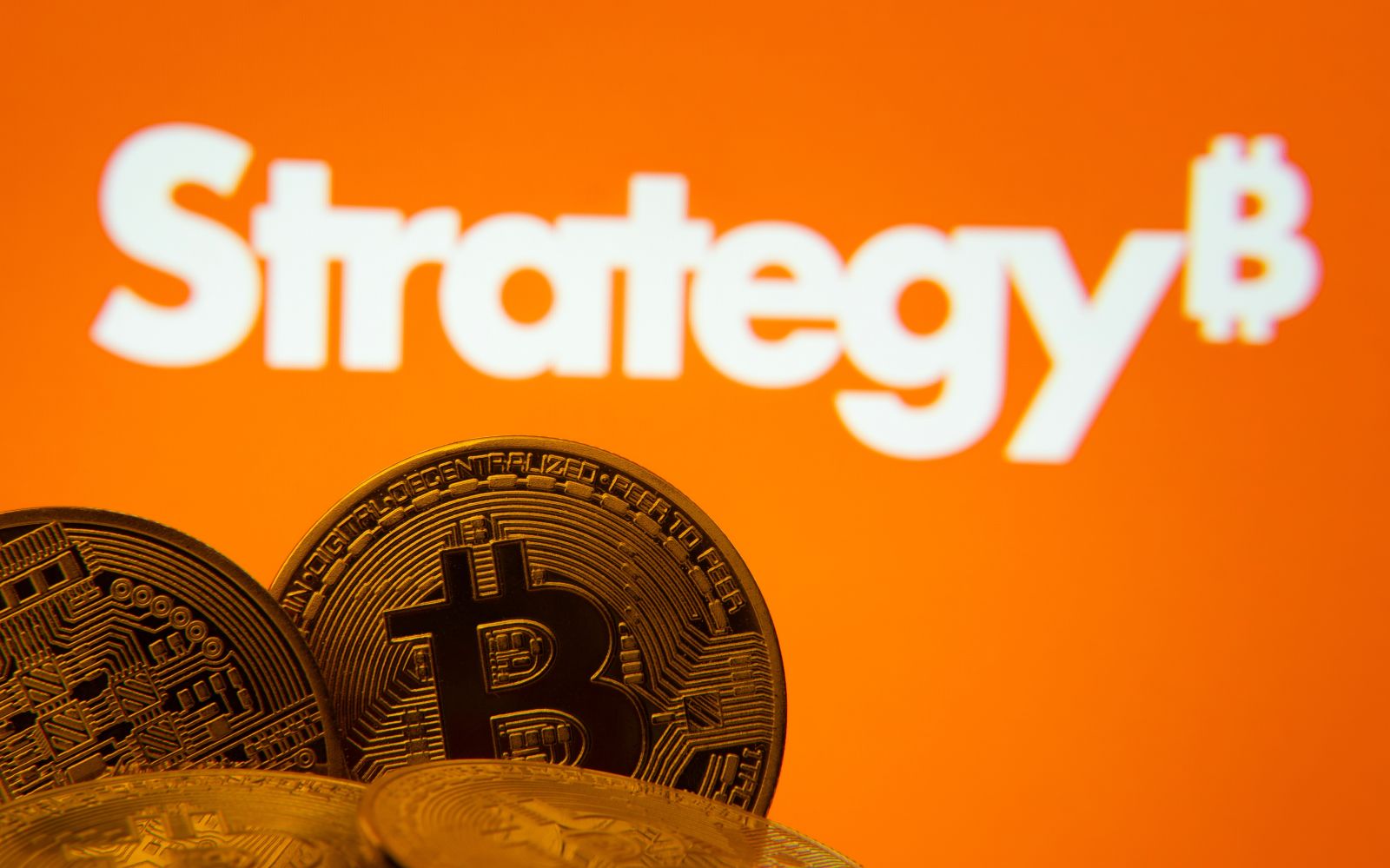
A heated debate has sparked between tech leaders as D-Wave Quantum's (QBTS) CEO, Alan Baratz, openly challenged Nvidia (NVDA) CEO Jensen Huang’s gloomy take on quantum computing, calling him "dead wrong" about the timeline. The clash began after Huang claimed at CES 2025 that "very useful quantum computers" are still 15-30 years away, with 20 years being the most realistic estimate.
He argued that quantum computers would need a million-fold increase in qubits to be truly effective. His comments caused an $8 billion selloff in quantum computing stocks, with D-Wave (QBTS) shares dropping 36%, despite the stock’s impressive 621% return over the past year.
Baratz didn’t hold back, pointing out that while Huang’s view might apply to gate-model quantum computers, it completely overlooks D-Wave’s annealing quantum technology. According to Baratz, its systems are already solving real-world problems. For example, a telecom company used D-Wave’s technology to cut computation time from 25 hours to just 40 seconds.
This debate underscores a key difference in how companies approach quantum computing. But the real question remains: Is D-Wave’s stock worth buying? Let’s dive into the details and find out.
D-Wave's Financial Renaissance
D-Wave Quantum (QBTS), a pioneer in annealing quantum computing, has positioned itself as a leader in delivering real-world quantum solutions. The company is showing that quantum tech isn't just a far-off dream, but something that's useful right now.
This puts it at odds with Nvidia's CEO, who thinks practical quantum computing is still decades away. The company's financial ups and downs show both its promise and the challenges of working in such a new field.
D-Wave's stock has been on quite a ride in 2024. In the past year, it shot up by a whopping 581%. This big jump came after it sold its first Advantage system to a customer and saw its bookings grow. The stock has also climbed 545% in just the last three months.
But it's not all smooth sailing. The stock is still down 31% for the year to date.
Money-wise, D-Wave reported mixed results in the third quarter of 2024. Revenue dropped to $1.9 million, down 27% from $2.6 million in Q3 2023. This was mostly because professional services revenue fell by 80% to just $0.3 million. But there's a bright spot - its QCaaS (Quantum Computing as a Service) revenue grew by 41% compared to last year, reaching $1.6 million. This shows more customers are using the company's quantum tech for real-world problems.
Bookings (which is like future revenue) fell by 22% to $2.3 million in Q3 2024 compared to Q3 2023. But D-Wave is still gaining customers. In the past year, it has grown from 125 to 132 customers total. It now has 76 commercial customers (up from 75) and 27 Forbes Global 2000 customers (up from 26). This shows that more big companies are getting interested in using D-Wave's quantum tech to solve tricky problems.
Despite all this progress, D-Wave isn't making a profit yet. The company lost $22.7 million in Q3 2024, which is 41% more than the $16.1 million it lost a year ago. Its adjusted EBITDA loss (a measure of operating performance) also grew by 19% to $13.8 million. This is because D-Wave is spending more to get its products to market.
D-Wave is worth $1.37 billion on the stock market. Its forward price-sales ratio is a sky-high 156.02x, way above the industry average of 3.28x. This means investors are expecting big things from D-Wave, but it also shows there's a lot of risk involved.
Catalysts Driving D-Wave’s Growth
D-Wave's recent accomplishments are really giving Nvidia's CEO a run for his money when it comes to how useful quantum computing is right now. The company just fine-tuned and tested its new Advantage processor, which has over 4,400 qubits. This is a big step forward for its sixth-generation quantum computing system, showing D-Wave is at the forefront of making quantum computers that actually work.
The timing is perfect, as the government is getting behind quantum computing too. The U.S. Senate just pushed forward a new law that could pump $2.5 billion into quantum research over the next five years.
D-Wave's CEO isn't shy about claiming the company has "the largest and most powerful quantum computers in the world." And he's got the receipts to back it up. Its quantum computers are already solving real-world problems for big companies.
For example, it is helping NTT DOCOMO make their mobile networks run smoother and assisting Japan Tobacco Inc. in discovering new drugs. This hands-on approach shows that quantum computing isn't just theory – it's already making a difference, which goes against what Nvidia is saying.
D-Wave just raised a whopping $175 million, giving it a financial boost to grow even faster. The company is planning to use this money to make its tech even better and get it into more companies' hands.
From helping businesses schedule their workers more efficiently to figuring out the best delivery routes, D-Wave shows that quantum computing isn't something we're waiting for – it's here now, solving problems across all sorts of industries. This makes Nvidia's doubts seem a bit out of touch with what's happening in the market.
Why Analysts Are Betting Big on QBTS
Wall Street is still excited about D-Wave's future, even though the company is still growing and figuring things out. Looking at its plans for fiscal 2024, D-Wave projects a narrower loss than in 2023.
The experts on Wall Street really like D-Wave's chances, giving it a “Strong Buy” consensus. Out of seven analysts watching the stock, six say it's a "Strong Buy," and one says it's a "Moderate Buy." That's a pretty big vote of confidence. However, the stock has already surpassed its average price target of $5.18. With all the good news lately, these analysts might need to rethink their predictions and aim even higher.
Conclusion
Despite Nvidia's skepticism, D-Wave is proving that quantum computing isn't a distant dream — it's a current reality driving business value. With soaring bookings, expanding enterprise adoption, and unanimous analyst support, QBTS looks like a compelling buy for investors willing to weather some near-term volatility. The company's successful commercialization of quantum technology and strong financial backing make it a standout player.
On the date of publication, Ebube Jones did not have (either directly or indirectly) positions in any of the securities mentioned in this article. All information and data in this article is solely for informational purposes. For more information please view the Barchart Disclosure Policy here.





/Technology%20abstract%20by%20TU%20IS%20via%20iStock.jpg)
